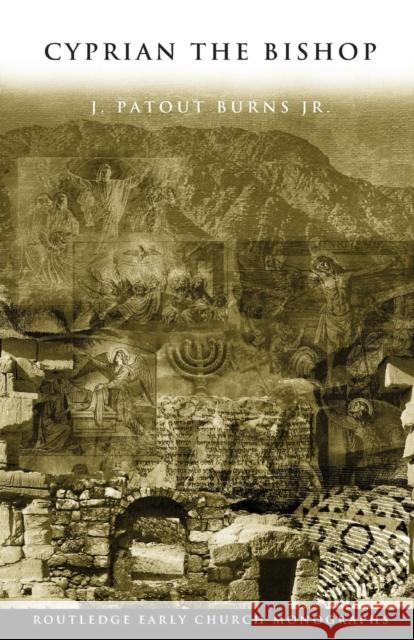Cyprian the Bishop » książka
Cyprian the Bishop
ISBN-13: 9780415238502 / Angielski / Miękka / 2001 / 256 str.
Cyprian the Bishop
ISBN-13: 9780415238502 / Angielski / Miękka / 2001 / 256 str.
(netto: 195,06 VAT: 5%)
Najniższa cena z 30 dni: 186,33
ok. 16-18 dni roboczych.
Darmowa dostawa!
This is a study dedicated to the rule of Cyprian as the Bishop of Carthage in the 250s AD. Using the tools of cultural anthropology, Cyprian the Bishop examines the interplay between the shift in the social structures of Christian churches in third-century Roman Africa, the development of their ritual practices, and the efficacy assigned to them in changing a person's standing - not only within a community - but before God. During the Decian persecution, Bishop Cyprian attempted to steer the middle ground between compromise and traditionalism; he redefined the execution of the sacraments - particularly penance and reconciliation - and showed that their efficacy depended upon the unity of the church. Cyprian succeeded where his rivals failed by defining the boundary between the empire and the church. By concentrating on social structures, J. Patout Burns Jr. reveals the logic of Cyprian's plan, the basis for its success in his time, and the reason why it failed in later centuries when the empire began to support rather than oppose the church. This book should be of interest to classicists, ancient historians and sociologists.











